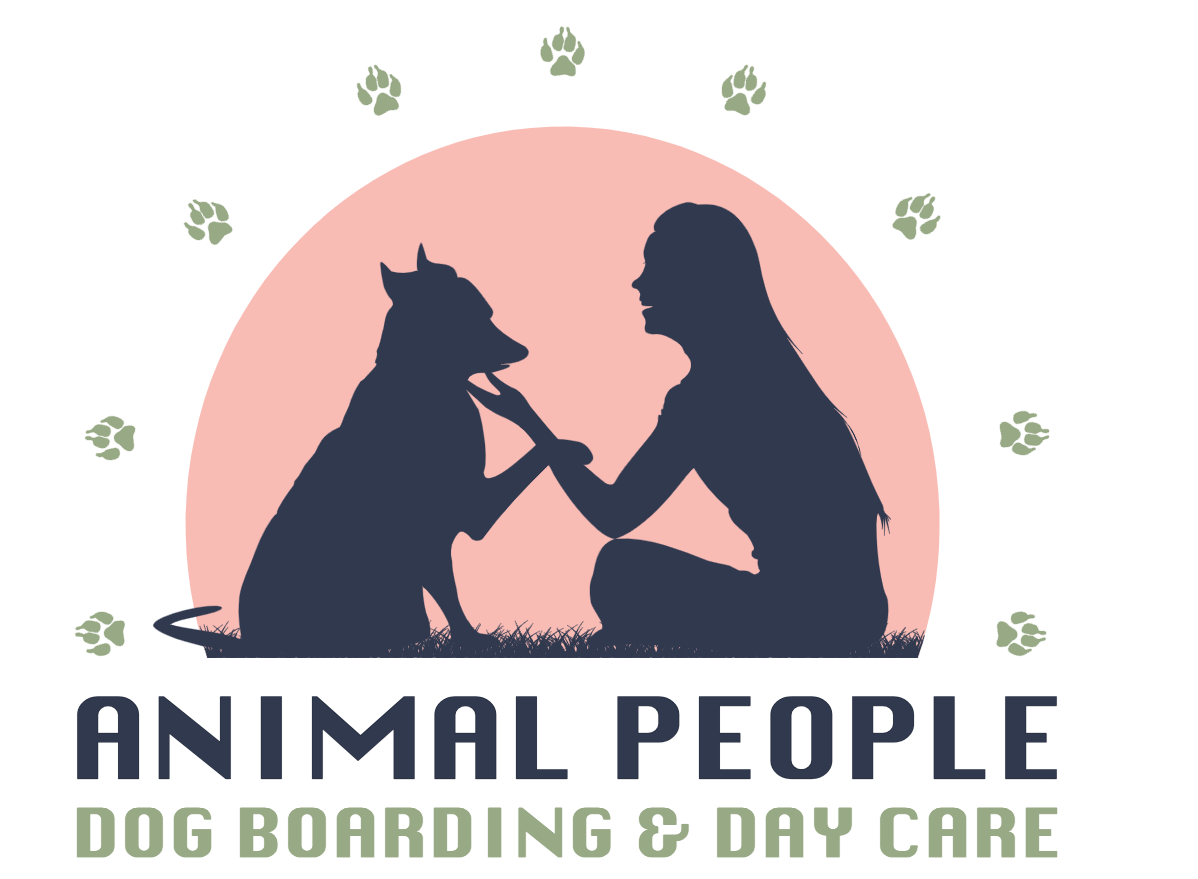Do Boarding Vaccines Affect Your Pet’s Mood? What Science Says

Your dog gets their boarding vaccines, and suddenly they’re acting off—maybe extra tired, more clingy, or just not their usual self. Sound familiar? You’re not alone. A lot of pet owners notice subtle shifts in their pets’ behavior after routine vaccinations, especially the ones required for boarding. It’s easy to wonder if there’s more going on than just a sore leg or a little stress.
Vaccines are meant to protect your pet, but can they also mess with their mood? Are they just tired from the vet visit, or is there a deeper link between those shots and how they feel afterward?
Science has been looking into this, and while the internet has no shortage of opinions, the real story is a bit more nuanced. If you’ve ever left the vet’s office with a perfectly healthy pet who suddenly seems off, it might not be all in your head. Let’s take a closer look at what the research actually says.
How do boarding vaccines influence a pet’s behavior?
Boarding vaccines are necessary for protecting pets from contagious diseases, but they can sometimes temporarily influence a pet’s behavior. Here’s how they might affect your pet:
- Temporary Lethargy: Some pets may experience mild lethargy or decreased energy after vaccinations. This could cause them to appear more subdued or tired for a day or two, especially if they are sensitive to vaccines.
- Slight Changes in Appetite: After vaccinations, pets might have a reduced appetite or show less interest in food for a short period. This is a normal response as their immune system reacts to the vaccine.
- Mild Discomfort or Soreness: The injection site might cause mild soreness or discomfort, which can lead to temporary changes in behavior, such as reluctance to be touched or extra fussiness.
- Increased Anxiety: The experience of getting vaccinated, combined with the stress of being in a boarding environment, may cause some pets to become more anxious or unsettled. This can result in changes in behavior, such as barking, whining, or hiding.
These behavioral changes are usually temporary and should subside within a few days. If concerns persist, it’s always best to consult your vet to ensure your pet is comfortable and healthy.
Can vaccinations cause temporary mood changes in pets?
Yes, vaccinations can cause temporary mood changes in pets, although these changes are generally mild and short-lived. When pets receive vaccinations, their immune system reacts to the introduced antigens, leading to temporary side effects that may affect their behavior. Here’s how vaccinations can influence a pet’s mood:
- Lethargy: Some pets may feel tired or sluggish after receiving their vaccinations. This temporary lethargy can make them less active or playful for a day or two, which may be perceived as mood changes.
- Appetite Changes: Vaccinations can sometimes cause a decrease in appetite or make pets less interested in food. This is a common side effect and usually resolves quickly.
- Soreness or Discomfort: The injection site might cause mild pain or discomfort, making pets more sensitive or irritable when touched in that area. They may become more withdrawn or show signs of discomfort.
- Mild Anxiety: Receiving vaccinations, along with potential changes in routine, can cause mild anxiety or stress in some pets. This could result in whining, pacing, or restlessness shortly after the vaccination.
These temporary changes are typically short-lived and should not affect your pet’s long-term behavior. If you notice persistent behavioral changes, it’s a good idea to consult your vet.
What does scientific research say about pet mood after vaccinations?
Scientific research suggests that while vaccinations are essential for preventing disease, they can temporarily change a pet’s mood or behavior. Studies have shown that after receiving vaccines, pets may experience mild, short-term side effects, which can influence their mood. Some of the key findings include:
- Lethargy and Fatigue: Research indicates that it’s common for pets, particularly dogs and cats, to experience lethargy or reduced activity levels after vaccinations. This is due to the immune response triggered by the vaccine. The body is working to build immunity, which can cause a temporary dip in energy levels.
- Mild Fever: Another common side effect after vaccinations is a mild fever, which may lead to a decrease in appetite, lethargy, or general discomfort. Pets may appear less playful or more subdued during this time.
- Increased Anxiety or Stress: Vaccination visits, especially at the vet’s office, can be stressful for pets, and this added stress can result in temporary behavioral changes such as anxiety, nervousness, or irritability.
- Sensitivity or Discomfort: The injection site can cause localized pain or soreness, making pets less tolerant of touch or more sensitive than usual, leading to temporary behavioral changes.
These behavioral changes are generally short-term and resolve as the pet recovers from the immune response. However, if the mood changes persist or seem unusually severe, it’s always a good idea to consult your veterinarian.
Are some pets more sensitive to vaccines than others?
Yes, some pets are more sensitive to vaccines than others. While most pets experience only mild, temporary side effects from vaccinations, factors such as breed, age, health status, and previous vaccine reactions can influence how a pet responds to a vaccine. Here’s how these factors can affect vaccine sensitivity:
- Age: Puppies and kittens may react more strongly to vaccinations due to their developing immune systems. Similarly, older pets may experience more pronounced side effects, such as lethargy or soreness, due to weakened immune responses or other age-related health issues.
- Breed: Breeds may be more vaccine-sensitive. Small breeds like greyhounds and Shih Tzus are more susceptible to immunizations and have had severe reactions, including swelling and fever. Immune-compromised breeds may react differently.
- Health Status: Vaccine responses may worsen in sick, underweight, or immunocompromised pets. Because their bodies work harder to maintain health, immunizations can generate a more difficult immunological reaction.
- Previous Reactions: Pets with adverse reactions to vaccines, such as swelling, fever, or allergic responses, may be more sensitive to subsequent vaccinations. If your pet has had prior reactions, your vet can recommend a vaccination schedule or alternative options.
- Vaccine Type: Some vaccines are more likely to cause side effects. For instance, combination vaccines that protect against multiple diseases have a slightly higher chance of causing mild side effects than single vaccines.
It’s important to monitor your pet after vaccination and consult your veterinarian if you notice any unusual or severe reactions. They can adjust vaccine schedules, offer preemptive care, or suggest alternative options to ensure your pet’s health and comfort.
Learn How Boarding Vaccines Affect Your Pet’s Mood
At Animal People Dog Boarding & Day Care, we understand how boarding vaccines can affect your pet’s mood and well-being. While vaccinations are essential for preventing illness in group settings, they may cause temporary side effects like mild lethargy, decreased appetite, or slight discomfort. These reactions are usually short-lived and should not impact your pet’s long-term behavior.
Our team is dedicated to monitoring your pet’s health and ensuring they receive the best care before, during, and after their vaccinations. Contact us today to learn more about how we keep your pet happy and healthy while staying with us!
